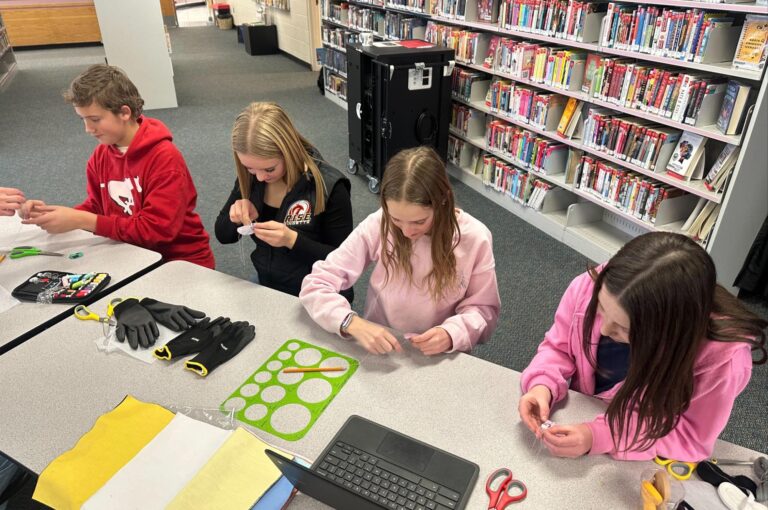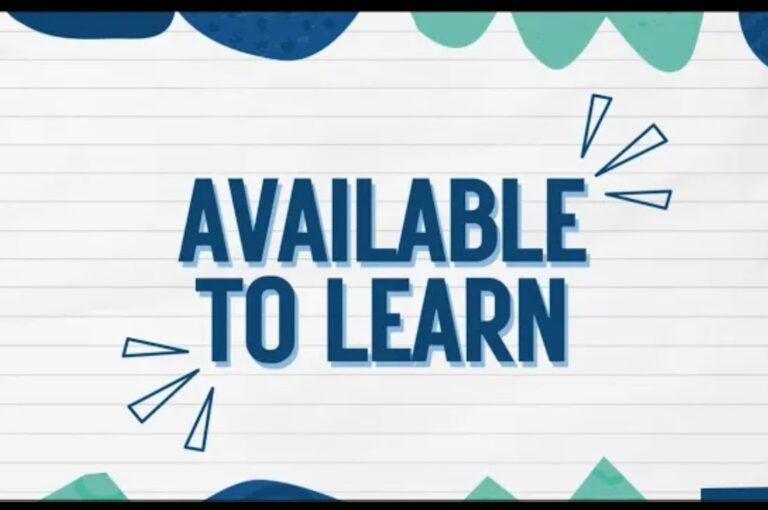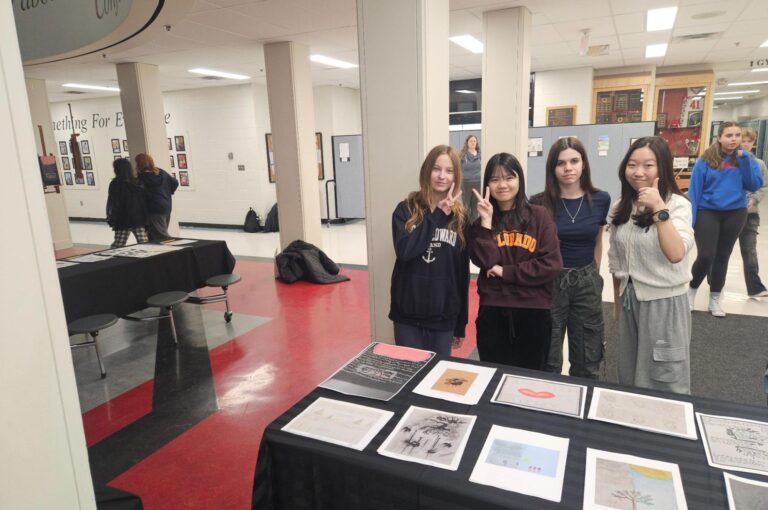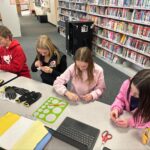As a high school language arts teacher, my goal is to design learning experiences that enable students to develop a deep understanding of themselves and the world around them. In striving to do so, I often turn to the discussion strategy called the Socratic Seminar.
A Socratic Seminar
This type of student-led discussion — based on Socrates’ method of student inquiry rather than teacher lecture — encourages student engagement, deep thinking, critical questioning, and contributes to a sense of community among learners. Because the teacher is not leading the discussion, the overall effectiveness of a Socratic seminar depends on the preparation and performance of the students involved. Careful planning before, during and after the Socratic Seminar is instrumental for a successful discussion.
Before the Seminar
Be clear about student expectations for participation. Before our first Socratic Seminar of the year, I distribute a handout called “Your Role in the Seminar” that we read and discuss together. I also provide students with a list of conversation stems to help scaffold discussion.
Provide students with a copy of possible seminar questions before the seminar. It is important for students to complete their responses ahead of time. This is helpful in ensuring that students have done some initial thinking about each question before the class discussion. Having a written response to refer to during the seminar is useful for all students, but especially for students who are nervous about participating in a class discussion.
Offer a menu of required, optional, and student generated seminar questions. The required questions are beneficial because as a teacher I can ensure that essential content is covered during the discussion, while optional and student generated questions provide choice and flexibility for students. The ultimate goal is for students to be able to step away from the question scaffolds available to them, as they become more skilled in the art of collaborative discourse.
During the Seminar
Facilitate, don’t dictate. As a teacher, my primary function during a Socratic Seminar is to act as an observer. I rarely participate directly, except when absolutely necessary. As I observe the discussion, I am making notes about what my students do not yet understand so that I can follow up and re-teach concepts where needed. Most often I find myself saying to students, “let’s go back and read that section more closely” or “let’s see what the text says about that” and then I work alongside them to model the skills of analysis.
After the Seminar
Allow time for reflection. At the end of each seminar, I provide the students with a self-reflection handout. This step is time-consuming, but essential, in helping to foster student metacognition.
Powerful classroom discussion engages students in issues and tasks of value to themselves while helping them to become thoughtful and positive contributors in the world beyond the classroom walls.
Moving Class Discussions Online
Is it possible to preserve the richness of student discussion if we aren’t together in the same physical space at the same time? Can teachers take a classroom activity that seems to depend on synchronous activity and make it work in an asynchronous environment? The short answer is yes. The longer answer involves the same careful consideration for each stage of the discussion that goes into planning for a Socratic Seminar. What will your students require before, during and after an online discussion to ensure a productive and engaging learning experience?
Here is list of great tools for moving classroom discussion online:
- Google Docs (synchronous and asynchronous)
- Padlet (synchronous and asynchronous)
- NowComment (synchronous and asynchronous)
- Backchannel Chat (synchronous and asynchronous)
- FlipGrid (synchronous and asynchronous)
- Video Conferencing via Google Meet or Zoom (synchronous)







